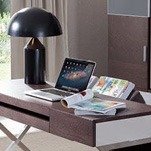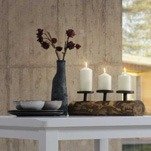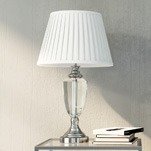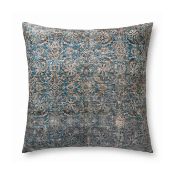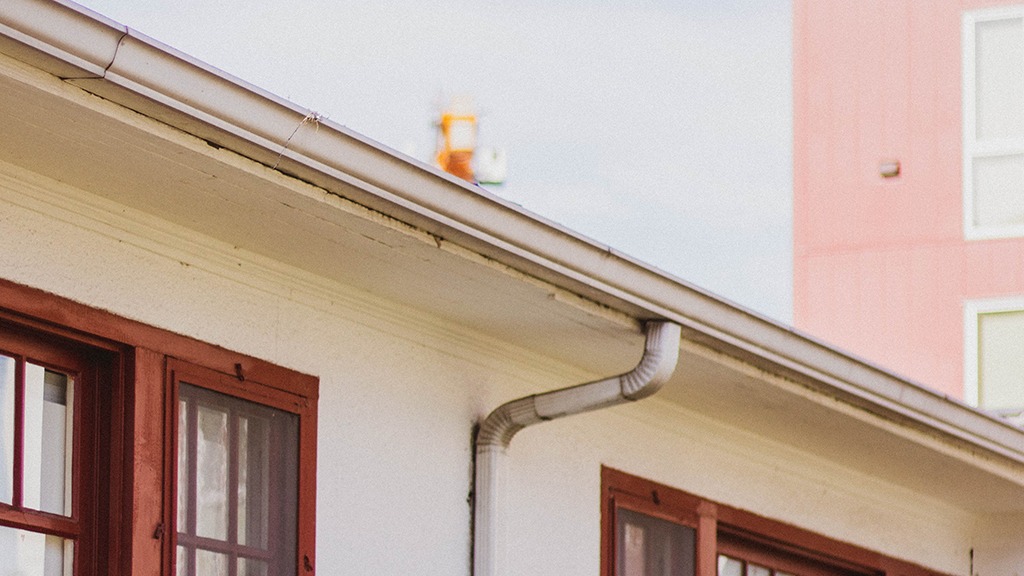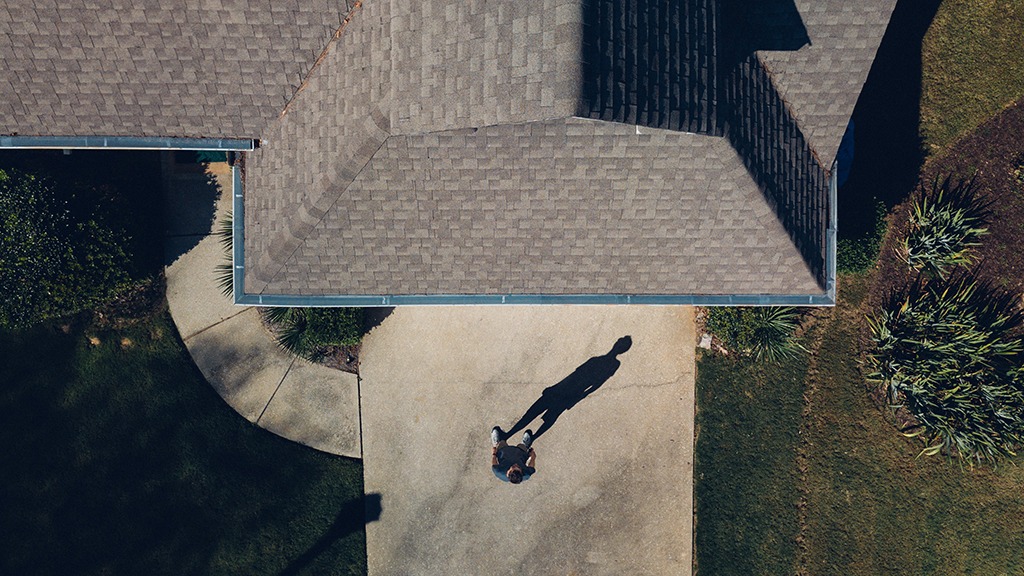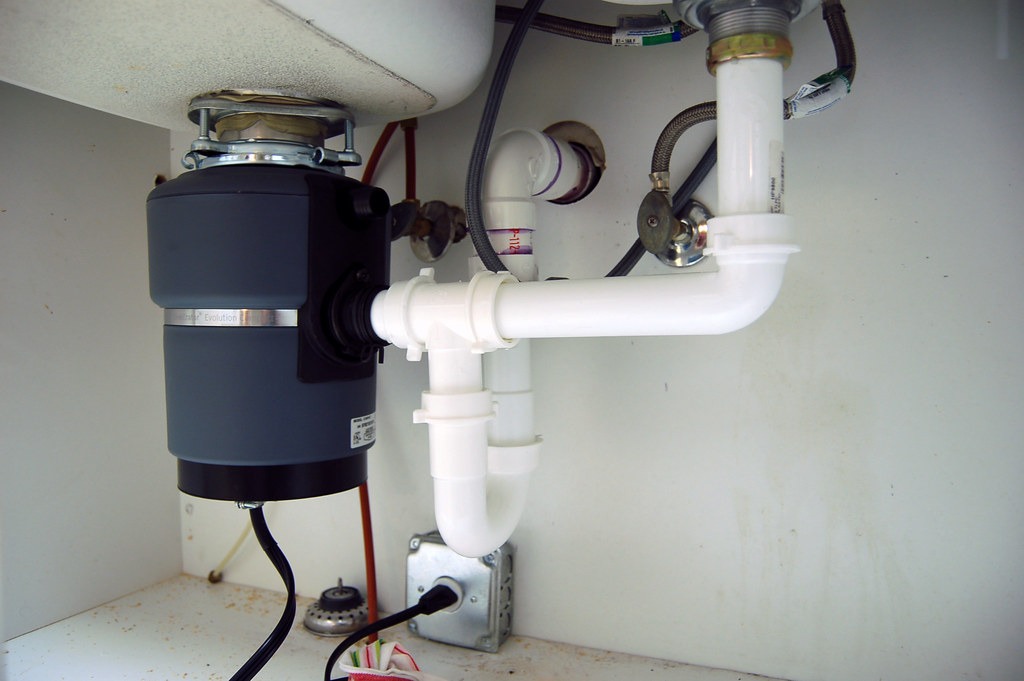When it comes to household cleaning, most people have a jug of distilled white vinegar in their arsenal. It’s cheap, biodegradable, environmentally-friendly, kills mold and bacteria, and does a pretty good job of removing stains, cleaning glass, and eliminating odors. Anything environmentally-friendly sounds like it should be safe for cleaning, right? Well, not always.
Vinegar is an acidic liquid (2.2-3 on the pH scale) that results from ethanol alcohol fermentation. It will not harm the environment when you wash it down the drain, but there are many surfaces and objects in your home that can be harmed by acidic liquids like vinegar.
1. Marble and Granite Countertops
Marble and granite are some of the most popular materials for countertops. Aside from their beautiful appearance, marble and granite provide very durable surfaces and will last for decades if properly maintained. When it comes to cleaning and disinfecting, vinegar, even when diluted, might seem like the perfect cleaning product, but the acid in distilled white vinegar can destroy the protective sealant that’s applied to marble and granite countertops. Once the sealant is gone, the stone can be etched with further use of vinegar, which can slowly destroy the stone. Water and food can also leave permanent stains once the sealant is removed. Vinegar can also dull the shiny surface making your countertops look old before their time. The best product for cleaning marble and granite countertops is a mild liquid dish detergent or a cleaner specifically designed for stone.

Photo by tab62 on Shutterstock
Also, avoid leaving lemons or lemon juice on your marble and granite countertops. Lemon juice can be just as acidic as vinegar and can leave dull spots behind.
2. Stone, Concrete, and Ceramic Tile Floors
When it comes to cleaning stone, concrete, and ceramic tile floors, leave the vinegar under the sink. Just like with stone countertops, the acid in vinegar will strip away the protective sealant from stone tiles, making them look dull and leaving the surface vulnerable to etching and pitting. Drop a bottle of pickles on your stone tile floor? Clean it up quickly. The vinegar in pickle juice will quickly etch a splatter pattern into your floor and leave a ghostly image behind. The same rules apply for polished concrete floors. Vinegar will strip away the protective seal coating, making the floor vulnerable to water damage, stains, and pitting.
Ceramic tile is fairly impervious to acid, but the grout isn’t. If you clean a ceramic tile floor regularly with vinegar, you will eventually vinegar-wash the protective elements out of the grout, which can lead to discoloration and crumbling. When mopping any kind of stone floor, use a cleaner that states it’s safe for stone.
3. Hardwood Floors
Hardwood floors are a big investment, and once they’re installed, you want to keep them clean and looking nice. When you clean a hardwood floor, you’re actually cleaning the finish on the wood and not the wood itself. Much like stone countertops and floors, the acid in vinegar will strip away that finish, leaving bare, exposed wood. The best way to keep hardwood floors clean is to sweep them often and clean up any water or liquid spills as soon as possible. If you think your floor is in need of mopping, use a cleaner designed for hardwood and a microfiber mop. Avoid using water on hardwood floors as much as possible.

Photo by Studio Romantic on Shutterstock
4. Steam Irons
If you iron your clothes regularly (yes, some people still iron), then you know that cleaning your iron is necessary to keep it working. You may have read that white vinegar will remove any water and mineral deposits from the vents. Although this is true, the acidic properties of vinegar can damage the inner workings of the iron. If you have hard water, use distilled water to fill your steam iron. A mixture of water and baking soda can be used to remove any hard water or mineral deposits. Make a paste of the baking soda and apply it to any stains. Use a cotton swab like a Q-Tip to clean the vents. Let the mixture sit for several minutes, and then wipe it clean. Always be sure to empty all the water from your iron when you’re not using it.
5. Computer and Cell Phone Screens
Vinegar is safe to use on windows and glass, but not computer monitors and cell phone screens. Monitors and cell phones have a protective coating that prevents glare and damage to the screen. If your screen starts to look blurry from constant touching, use a microfiber cloth that’s slightly moistened with water to clean it. Don’t use vinegar because it can permanently damage the screen’s protective coating.
6. Laundry
There’s much debate about adding white vinegar to your laundry to make your clothes smell clean. Some people claim vinegar can harm rubber seals and hoses in the washing machine. Others say they have been adding vinegar to their laundry for years and have experienced no problems or leaks. The real issue is whether or not vinegar actually helps clean clothes. When you add vinegar to the wash cycle along with laundry detergent, the alkaline properties of the detergent neutralize the vinegar, and the acidic properties of the vinegar neutralize the detergent, making it less effective for removing dirt. If you want to get that funky smell out of your towels or athletic clothes, add a cup of vinegar to the rinse cycle. The vinegar smell will wash away, and your clothes should be fluffy and fresh.
Also, never mix bleach with vinegar. The combination of the two will cause chlorine gas to form, which can irritate and burn your eyes, throat, and lungs, and even kill you.
7. Eggs
If your house or car is ever the victim of an “egging” or you find drying egg-mess on your floor or countertop, don’t use vinegar to try and clean it. The acidic properties of vinegar will cause the egg to coagulate, making it even more difficult to remove. Instead, use warm water and dish detergent. Soak a dishrag and place it over the egg-mess or rub the drying egg liquid with the warm dishrag until the egg-mess loosens and can be removed. Be sure to wash the spot thoroughly because broken eggs can discolor paint and siding.
Vinegar can be used to clean and disinfect many household surfaces and items, but it’s not a universal cleaner. When it comes to floors and countertops, look for a product that’s safe for sealed surfaces. Although vinegar is considered a natural cleaning product, but “natural” doesn’t necessarily mean harmless.



















